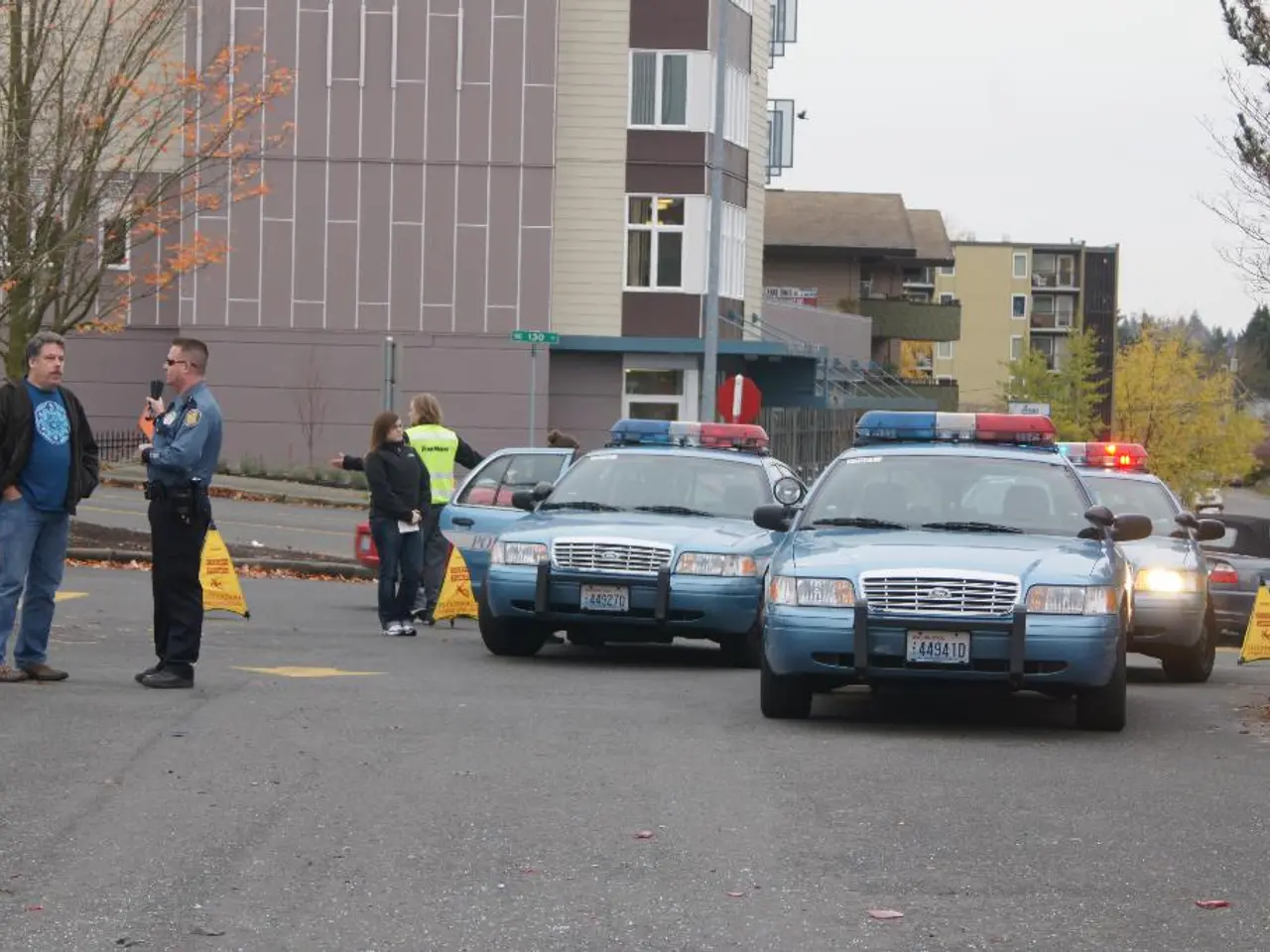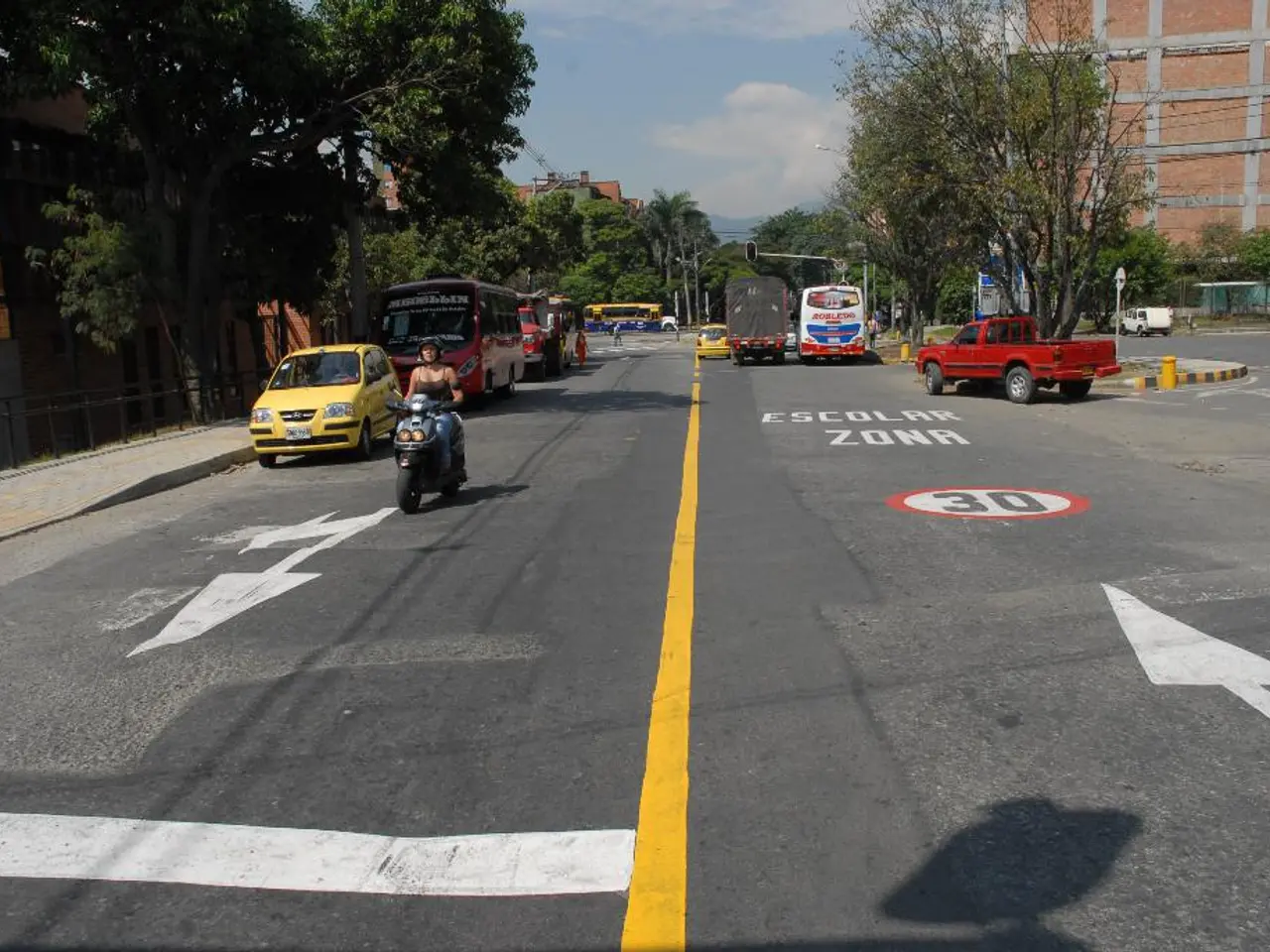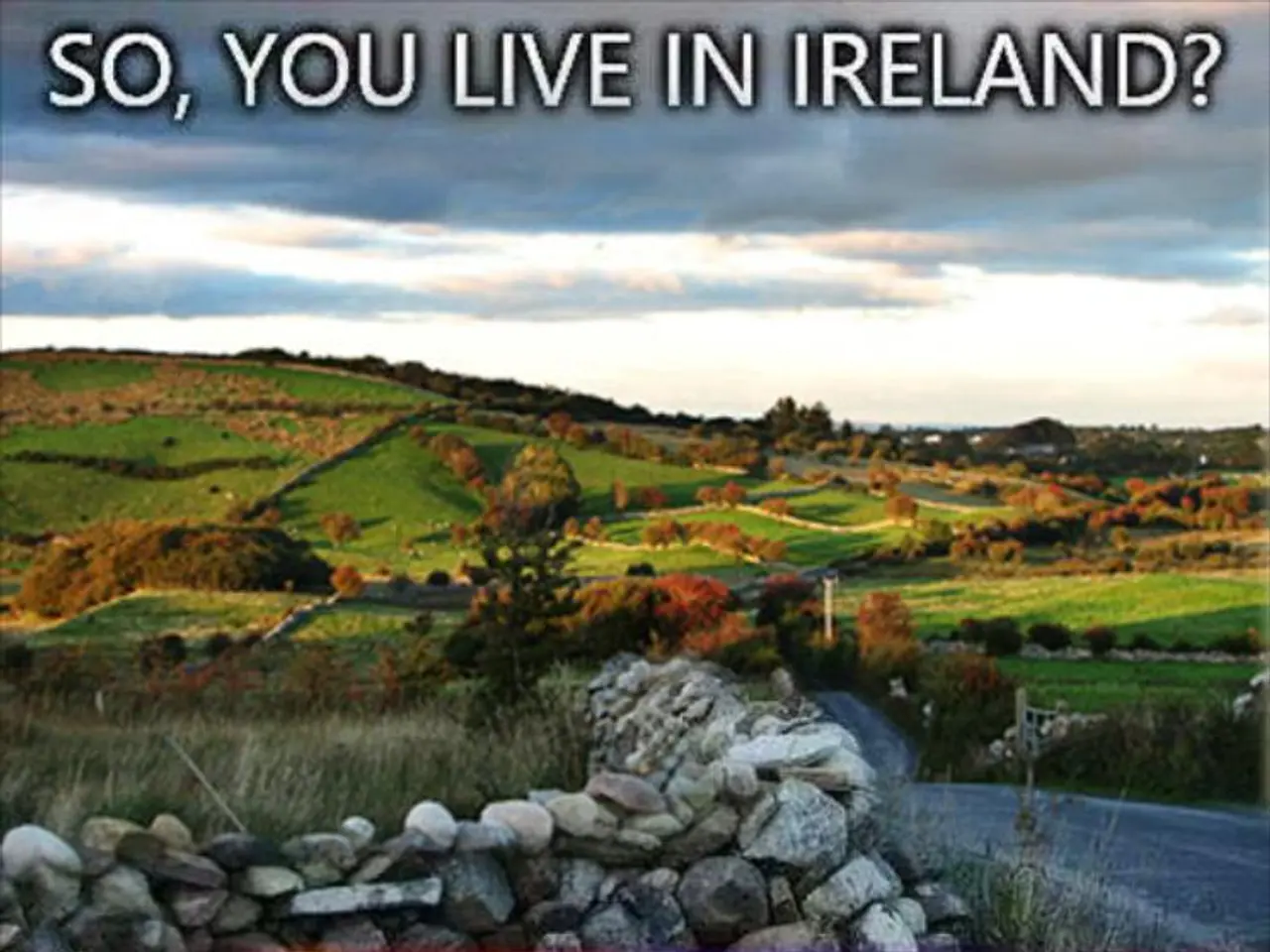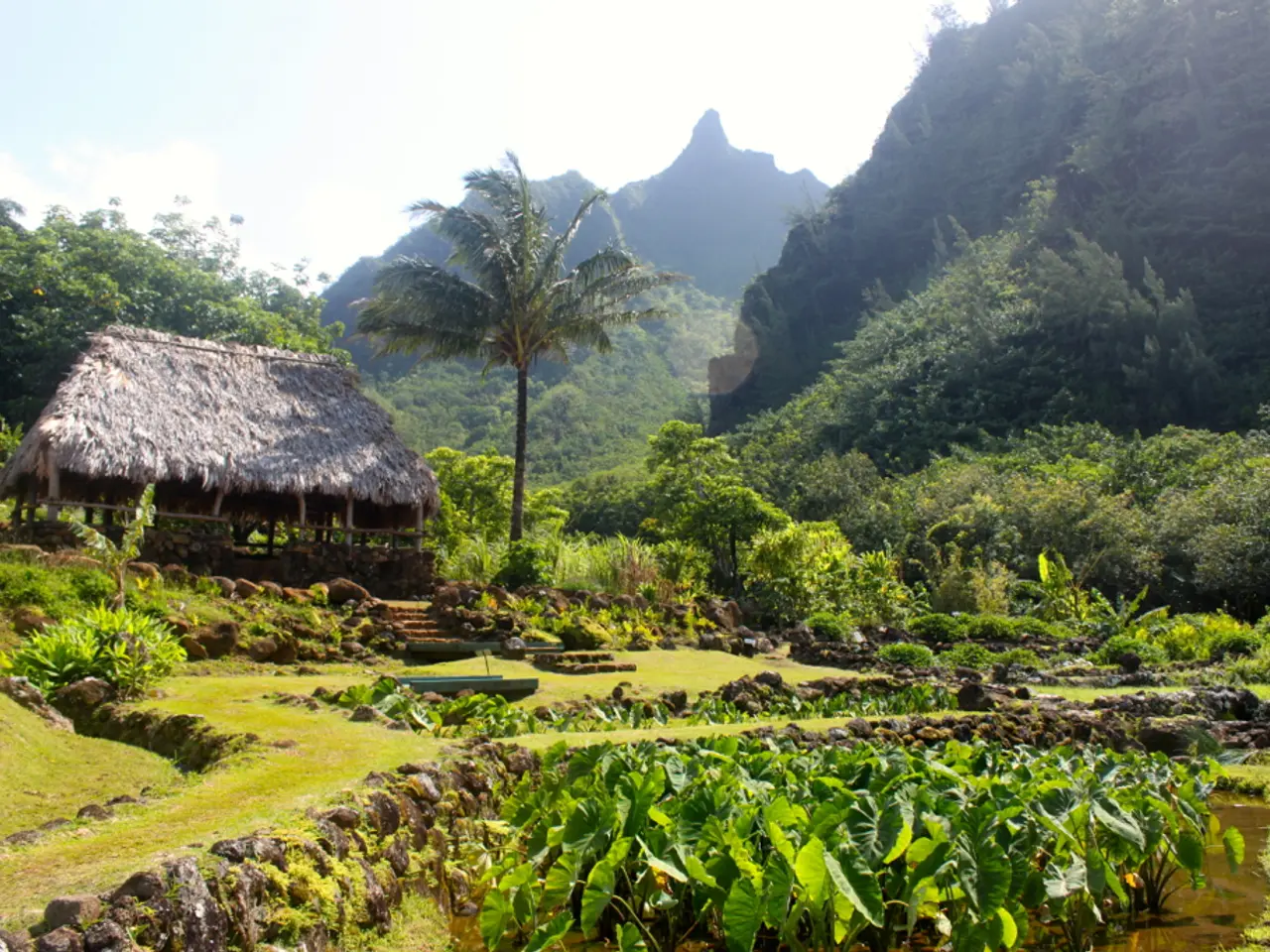Tourists flee due to the outbreak of wildfire in Spain
A wildfire that broke out near the Spanish tourist town of Tarifa has been stabilized, following an incident confirmed as intentional arson by authorities who found evidence of deliberate ignition [2]. The fire, which started overnight, has led to the preventive evacuation of over 2,000 people, including tourists, beachgoers, and local residents near Playa de Atlanterra and Playa de Bolonia [1].
Access to Tarifa has been restricted to emergency services only, and multiple precautionary evacuations occurred in other nearby areas. Tourist infrastructure was significantly affected with evacuations of hotels, towns, and campsites near the fire zone [1].
The fire has had a significant impact on the region, with Spain experiencing one of its worst wildfire seasons in recent memory. Tens of thousands of hectares have been burned, and multiple UNESCO World Heritage sites are under threat, highlighting a pattern of increasingly severe fires across the region amid high temperatures and unstable weather [1][3].
Authorities have enhanced surveillance, including drone patrols, to detect suspicious activity and prevent further deliberate fires [2]. The severity of these wildfires is consistent with broader climate change-related risks observed in Mediterranean Europe, where rising temperatures and drought conditions increase wildfire frequency and intensity.
The fire has spread to nearby wooded areas due to extreme winds and heat. Despite the stabilization of the fire, emergency evacuation measures are still ongoing [1][3].
This situation underscores the twin challenges of human-caused fire starts and climate-driven wildfire severity impacting both local communities and the tourism-based economy in Tarifa.
- World scientific organizations have centered their attention on the events in Tarifa, Spain, due to the local wildfire and its implications on climate change-related risks in Mediterranean Europe.
- The weather-forecasting agencies are closely monitoring the weather patterns in and around Tarifa, considering the role of extreme winds and heat in the spread of the wildfire.
- To prevent future incidents and mitigate the environmental-science impacts resulting from wildfires, the US could potentially offer technology and expertise in proper science and management of similar events to the Spanish authorities.
- Discussions on climate-change policy and environmental conservation could include the catastrophic effects of wildfires like the one in Tarifa, emphasizing the need for global cooperation in the context of science, weather-forecasting, and sustainable practices.








